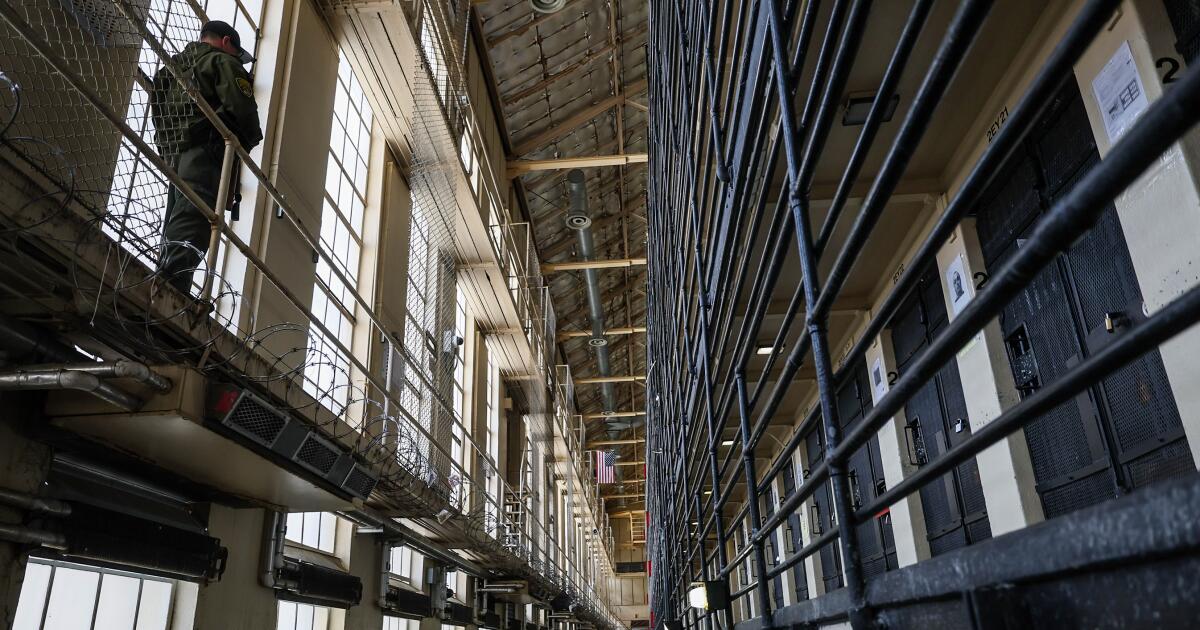CARACAS (Reuters) -Venezuelan former oil minister Tareck El Aissami, once one of the most influential officials in President Nicolas Maduro’s government, has been arrested in a corruption probe into state oil company PDVSA, the attorney general said on Tuesday.
Former finance minister Simon Zerpa and businessman Sarmark Lopez have also been detained, Attorney General Tarek Saab said at a press conference.
El Aissami surprisingly resigned in March 2023 amid a wide anti-corruption probe ordered by Maduro, which has been mainly focused on wrongdoing at PDVSA. El Aissami has not spoken publicly for more than a year.
The three men are facing charges of treason, money laundering, conspiracy and misdirection of public funds, Saab said.
The case involves a network of PDVSA executives who used their positions to carry out illegal operations, including some involving cryptocurrencies, according to the attorney general.
“The way these three subjects behaved is an economic conspiracy,” Saab said.
The investigation has so far led to charges for more than 54 Venezuelans, with another 17 arrest warrants pending, and with five people agreeing to act as protected witnesses, Saab said.
Photos shared by Saab’s office showed Zerpa being led down a street in handcuffs, while others showed El Aissami and Lopez being led to cells by balaclava-clad officials.
All of the men have been under sanctions by the United States since 2017, with El Aissami and Lopez facing drugs charges.
El Aissami used illicit funds for work on his private houses and requested money be sent to foreign bank accounts, while others arrested in the case used money for political campaigns, Saab said.
El Aissami and his allies used U.S. sanctions as an excuse to directly manage shipments of crude, Saab added, and therefore avoided passing funds through the country’s central bank, also allowing them to speculate on Venezuela’s currency market.
Through the end of 2022, PDVSA accumulated tens of billions of dollars in commercial accounts receivable tied to dozens of little-known middlemen companies, which replaced big-name customers barred by U.S. sanctions.
The client replacement led to unpaid oil cargoes which left a large hole in PDVSA’s accounts.
(Reporting by Mayela Armas and Deisy BuitragoWriting by Julia Symmes CobbEditing by Leslie Adler)
